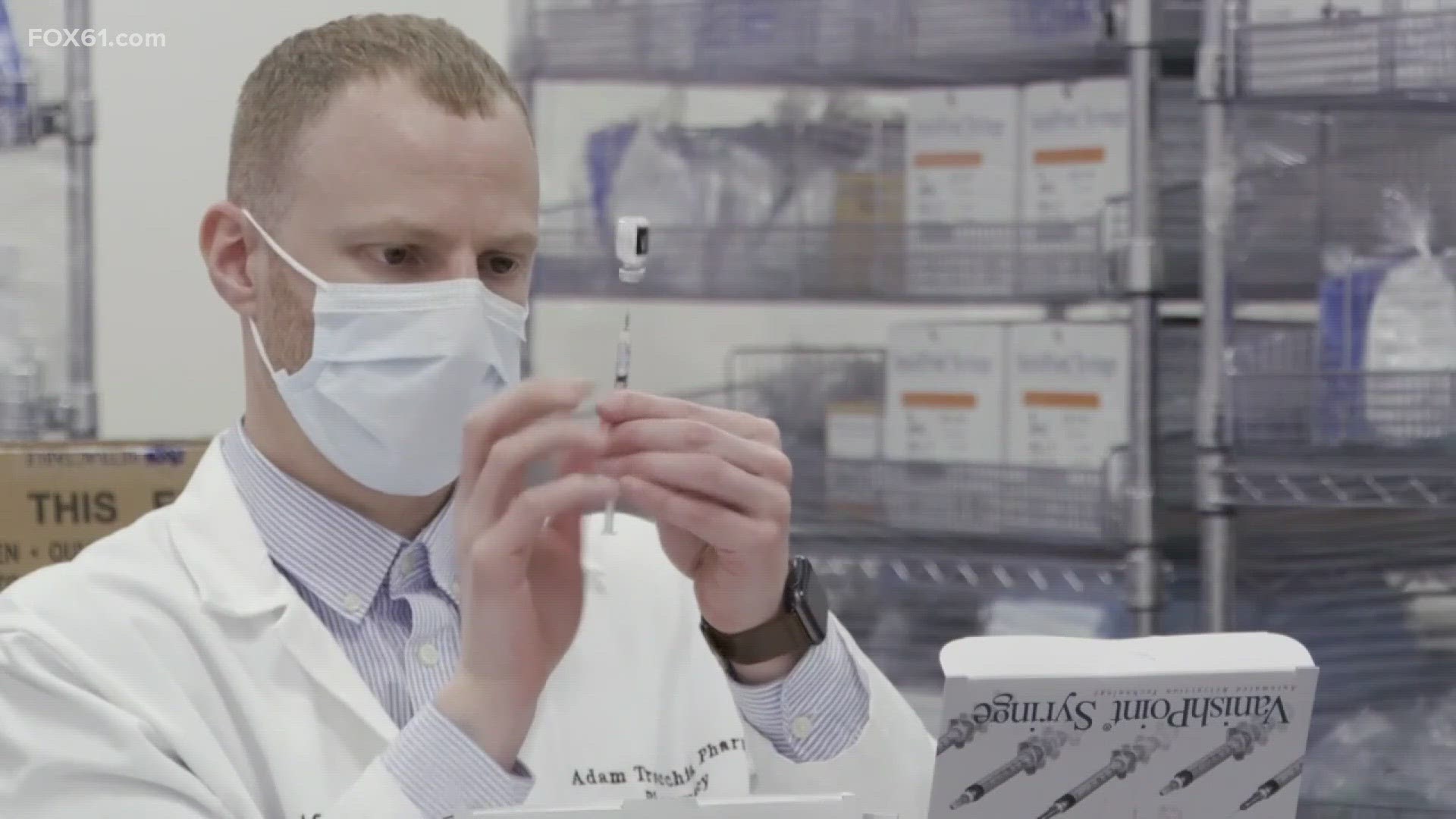DARIEN, Conn. — Schools have been learning remotely for nearly a month. But, not all children are receiving the same access to education.
While schools are closed, parents and children don't have access to the same resources that they usually have.
Advocates for students with disabilities are thinking ahead on what to do when school is back in session.
"We don’t have the same support that we had in a physical classroom," says Jamie Zionic, a mother of four in Darien. "We don’t have para-support as of yet. We don’t have support groups. My son has autism. We don’t have parent training. So there are still components that are missing."
For the 80,000 students with disabilities in Connecticut, learning remotely does not come as easily as for other children.
Jamie Zionic has four children who have disabilities.
"The part that has been the most difficult to overcome with the four children is at our Elementary level we receive the work through Google Slides and there’s very little interaction with teachers and therapists," says Zionic. "So, keeping them engaged in the work in those slides is not easy for a parent."
Zionic says parents are not trained to help their students work towards their goals set on their individual education plans.
It's something that Jeffrey Forte, a lawyer specializing in special education law, says should be a related service under a student's individual education plan.
The practical reality is that, unfortunately, there are some children that have such significant disabilities that any remote learning is just not going to work," says Forte, of Forte Law Group.
The US Department of Education says children should be learning to the "greatest extent possible" while schools are closed.
It is not well defined for local school districts to follow, but Forte says now is the time to think ahead to when schools are back open.
"We really need to be preparing ourselves for that next step, for when we get back to school," says Forte. "[We need to be] identifying the children who may be anxious about going back; identifying the children who are going to need a reevaluation to determine their present levels of performance and identifying the children who are going to require some type of compensatory education to prevent the regression that’s occurred during the school closure time."
Forte is telling parents to keep track of how well your child is adapting to learning remotely and to be in constant contact with their teachers and therapists.
He says when school opens back up, your child may be entitled to remediation services or compensatory education hours.
There are a number of resources available for parents and students with disabilities who are dealing with online education.



